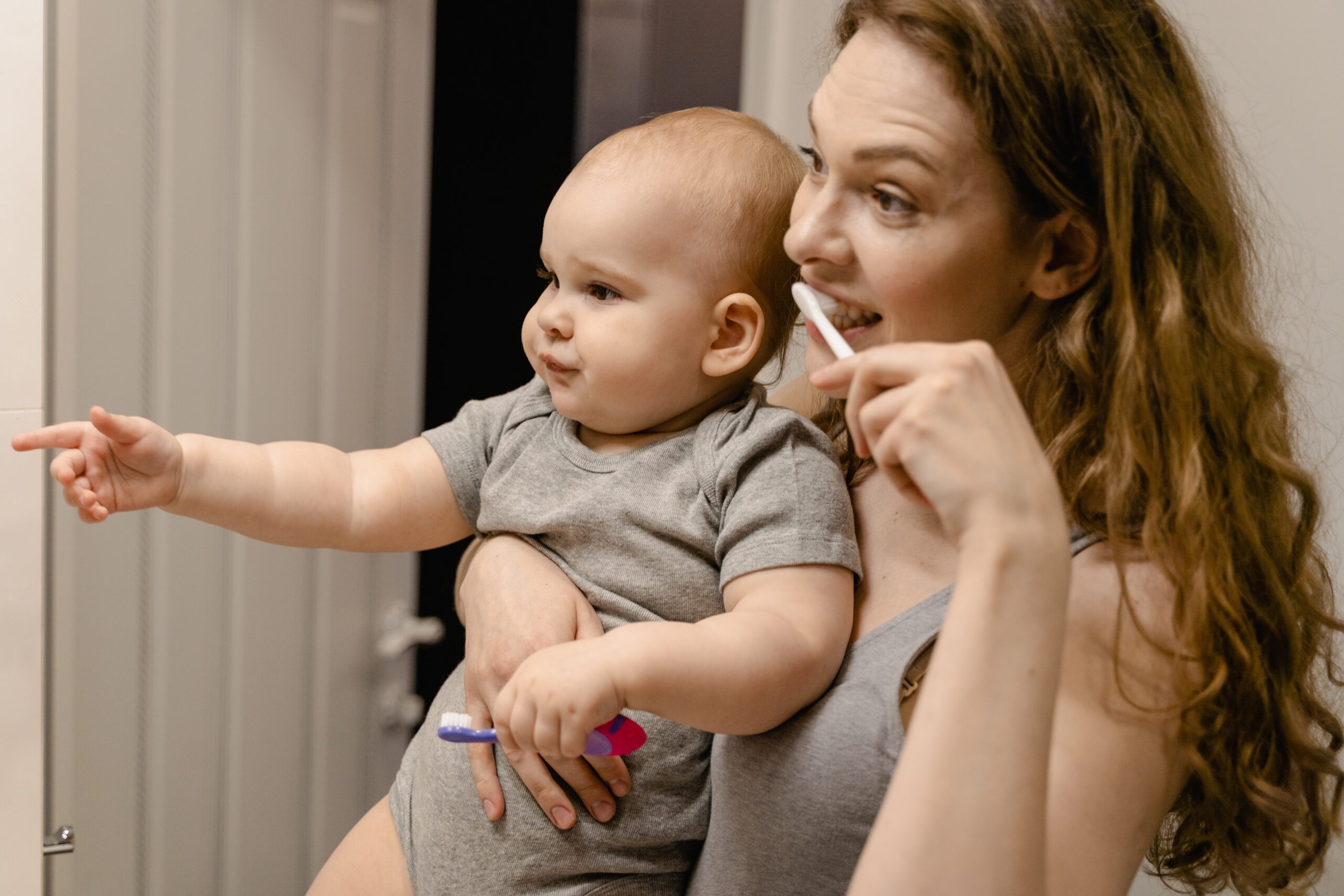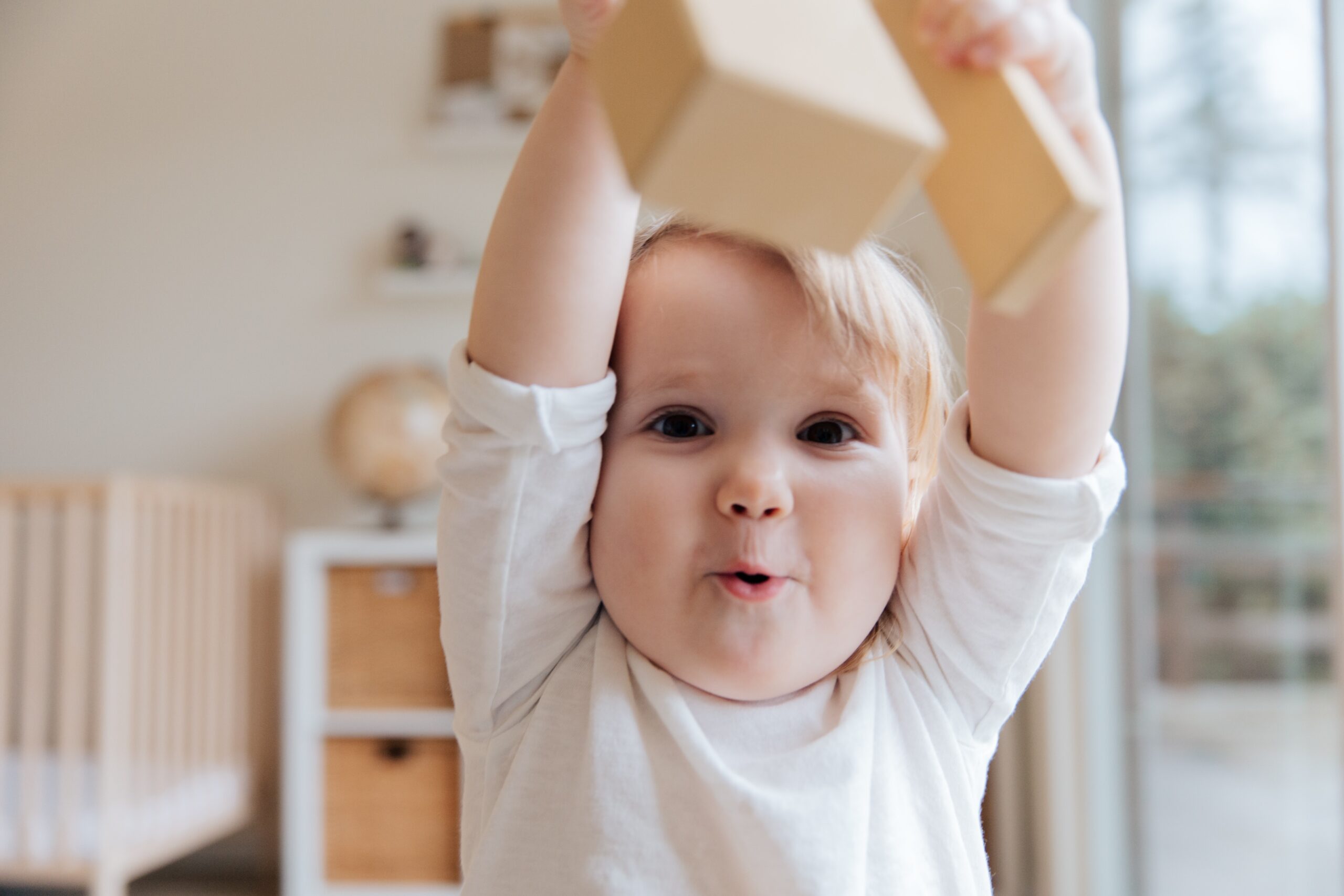Over the past few decades, drinking fizzy beverages has become an inseparable part of a daily routine for many people. We all know that sugary drinks are a well-known cause of weight gain, obesity, and type 2 diabetes, but did you know they also affect your teeth?
Fizzy drinks contain high amounts of sugar that interact with the bacteria in your mouth, forming acids that attack your teeth. You might well be thinking, ‘I only drink sugar-free fizzy drinks. Isn’t that okay?’ – unfortunately not! Both regular and sugar-free fizzy beverages contain other harmful acidic ingredients like citric acid, phosphoric acid, and tartaric acid, which can be extremely detrimental to your dental health.
If you haven’t already started, it’s not too late to join Fizz Free February and enjoy a healthy challenge this month with us. Don’t forget to spread the word and get your friends and family to join too!
Fizzy Risks
The two most harmful effects fizzy drinks have on teeth are erosion and cavities. Our teeth have a hard outer protective layer made up of minerals, enamel, which is destroyed by the acids contained in fizzy drinks. When enamel erodes the sensitive layer of teeth-dentine, is exposed, which can lead to cavities, tooth pain and sensitivity. Tooth enamel and does not regenerate itself, which is why maintaining it is so important!
Fizz Free Benefits
Removing fizzy drinks from your diet will not only help you reduce the amount of sugar you consume every day but will help you prevent erosion and could save you from pain and complex, expensive dental treatment in the future. Reaching for a glass of water instead will not only help you avoid those problems but also keep you hydrated.

Managing your Fizz
Committing to a month free of fizzy drinks can help you limit the consumption of them or maybe even eliminate them from your diet. If you decide to go back to drinking those beverages, here are some top tips to reduce the damage they cause to your teeth:
- Confine consumption to a mealtime – this reduces the number of acidic attacks on your teeth. Drinking through a straw will help keep the acids away from the teeth and limit the damage.
- Finish a meal with cheese or milk – this helps to neutralize any acids in your mouth.
- Chew sugar-free gum after eating– this produces more saliva to neutralise acids
- Brush twice a day – brushing your teeth twice a day, just before bedtime and at one other time during the day with a fluoride toothpaste will help protect your teeth. When you brush spit out the excess toothpaste- do not rinse your mouth. This allows the fluoride in the remaining toothpaste to protect your teeth.
- Wait at least one hour after eating or drinking anything acidic before brushing your teeth– this gives your teeth time to recover
- Get regular dental checkups – regular dental health checks will help spot the problem before it’s too late.
Remember – it’s never too late to take control of your dental health! If you need advice, or are in need of a dental health check, contact Kennett Road Dental today to speak to a member of our team.


